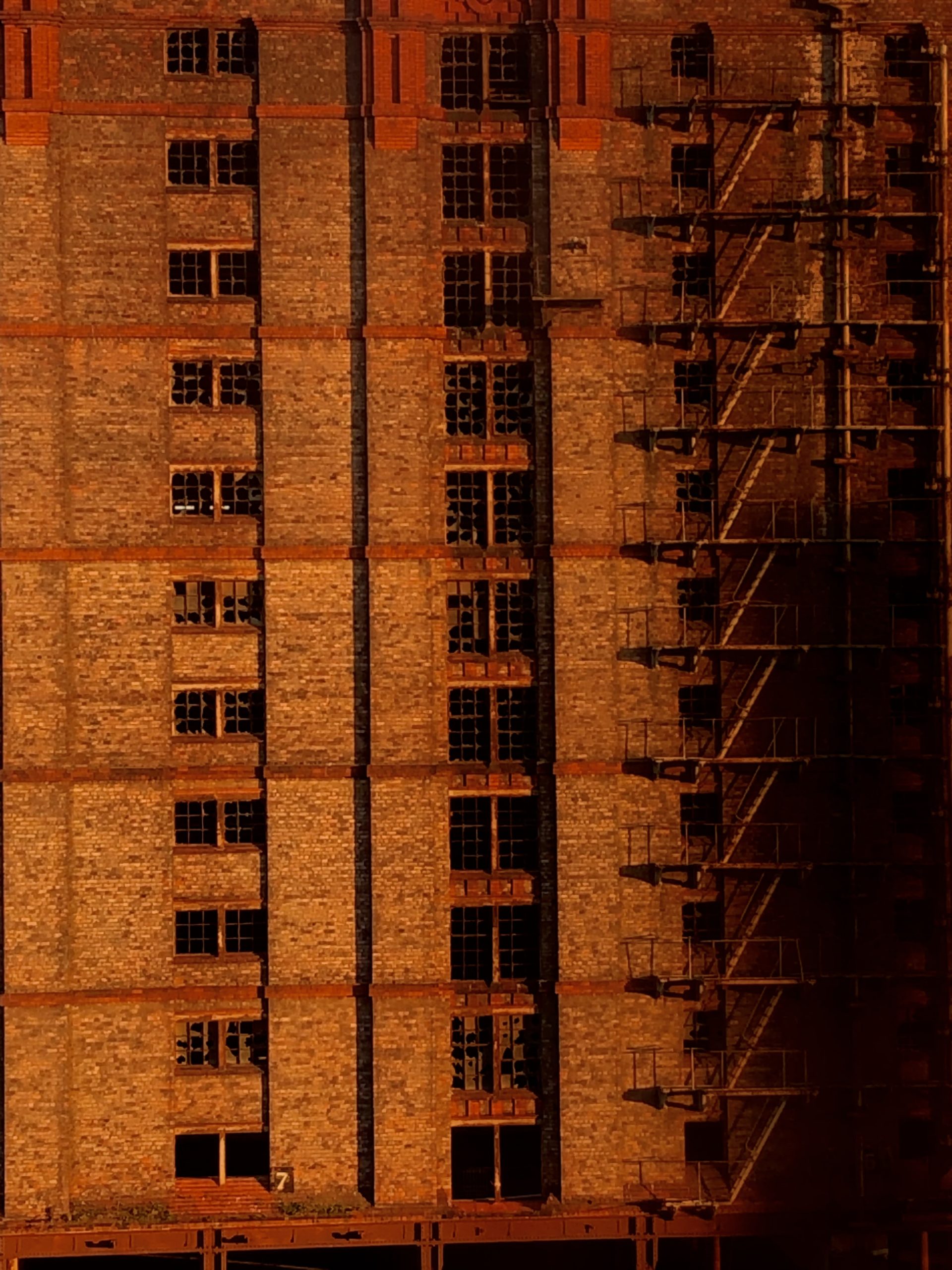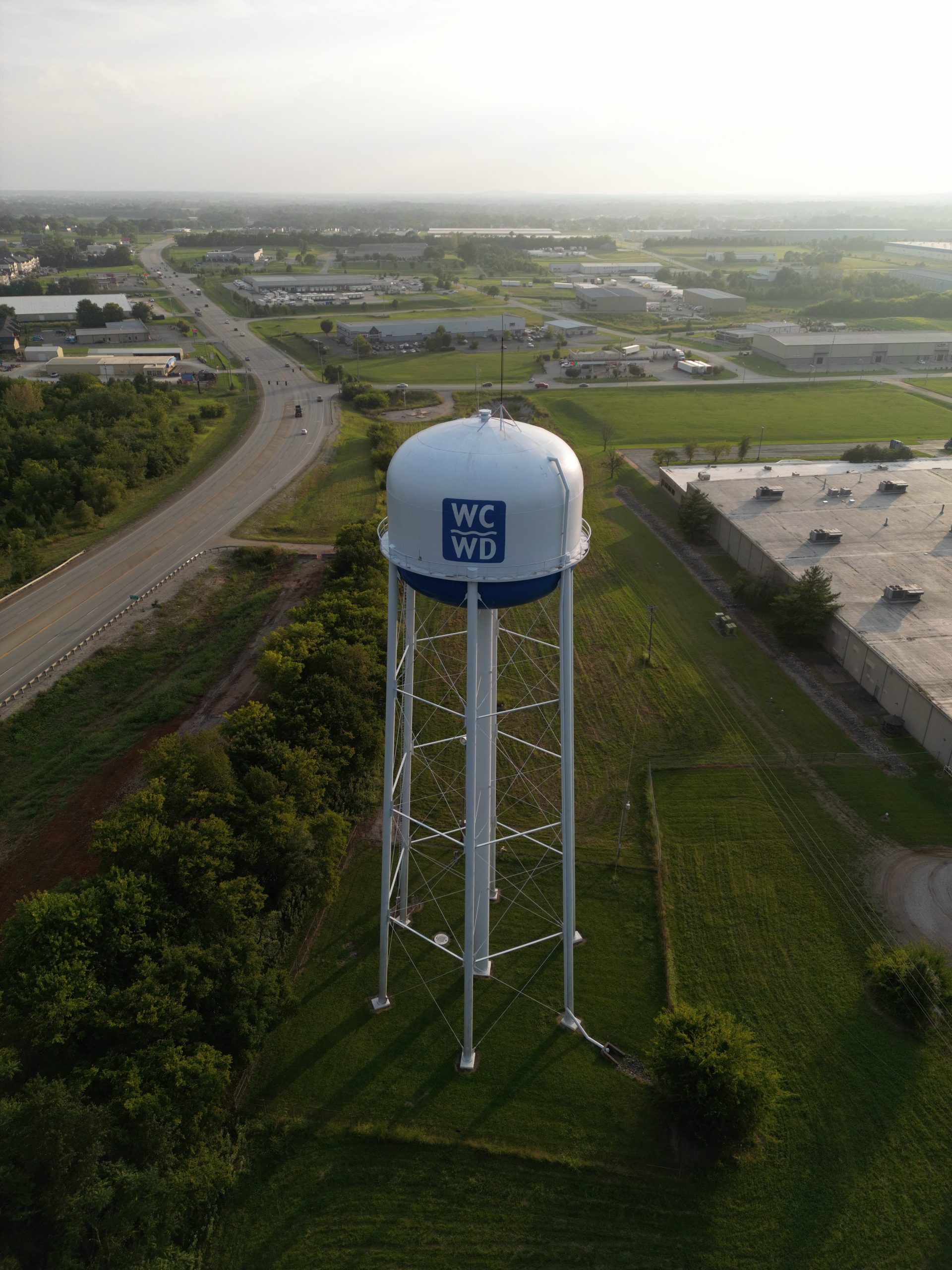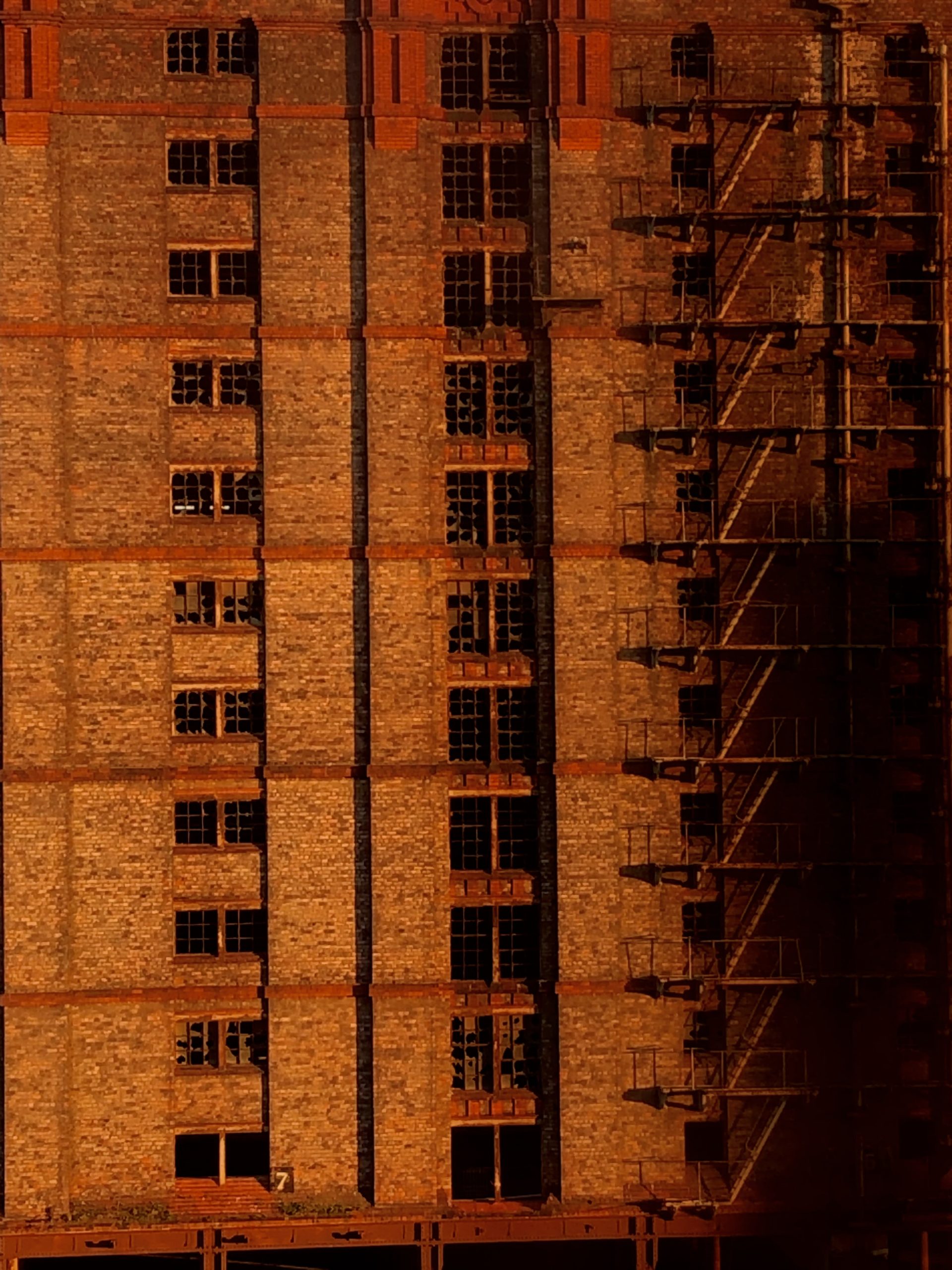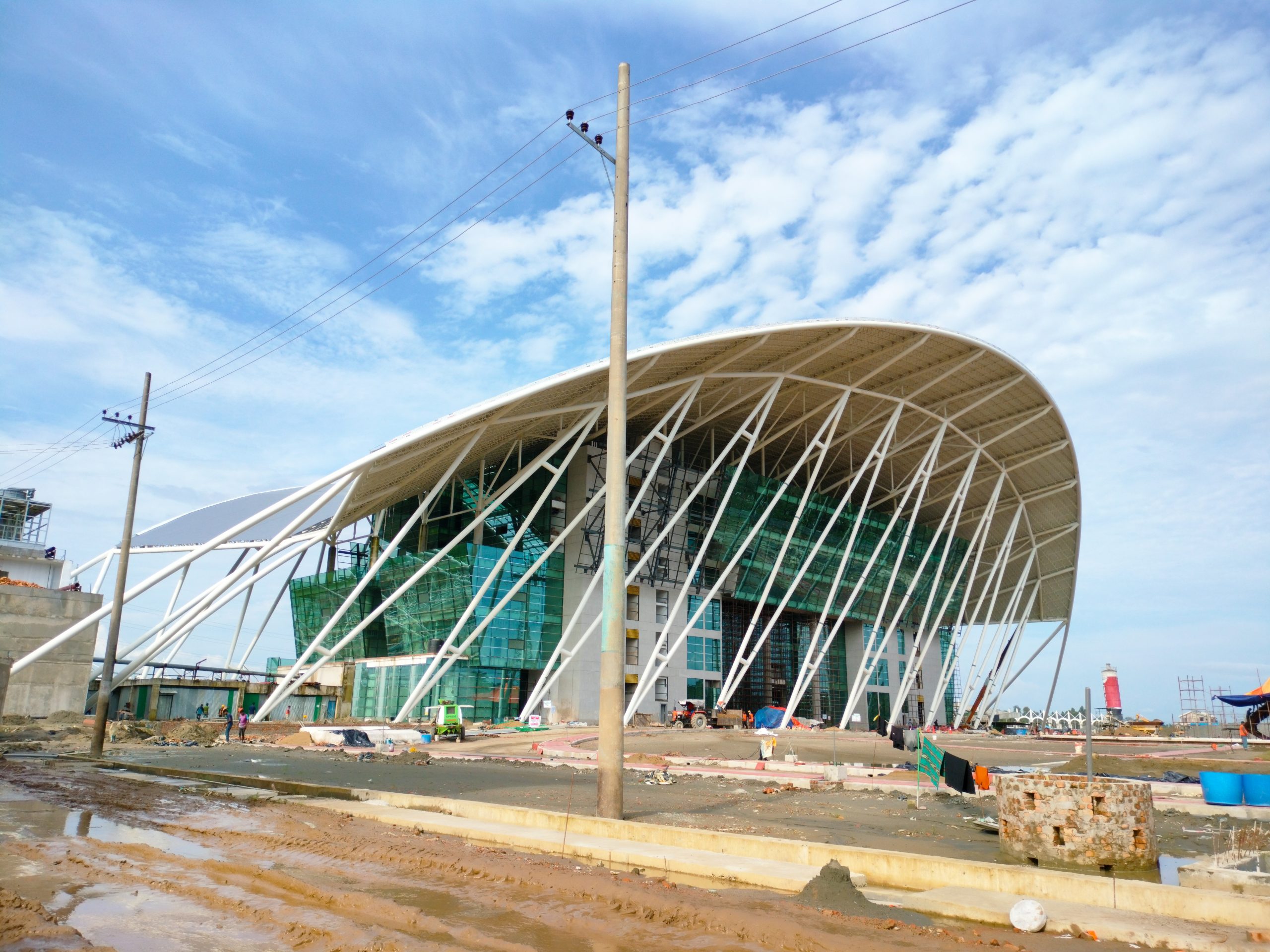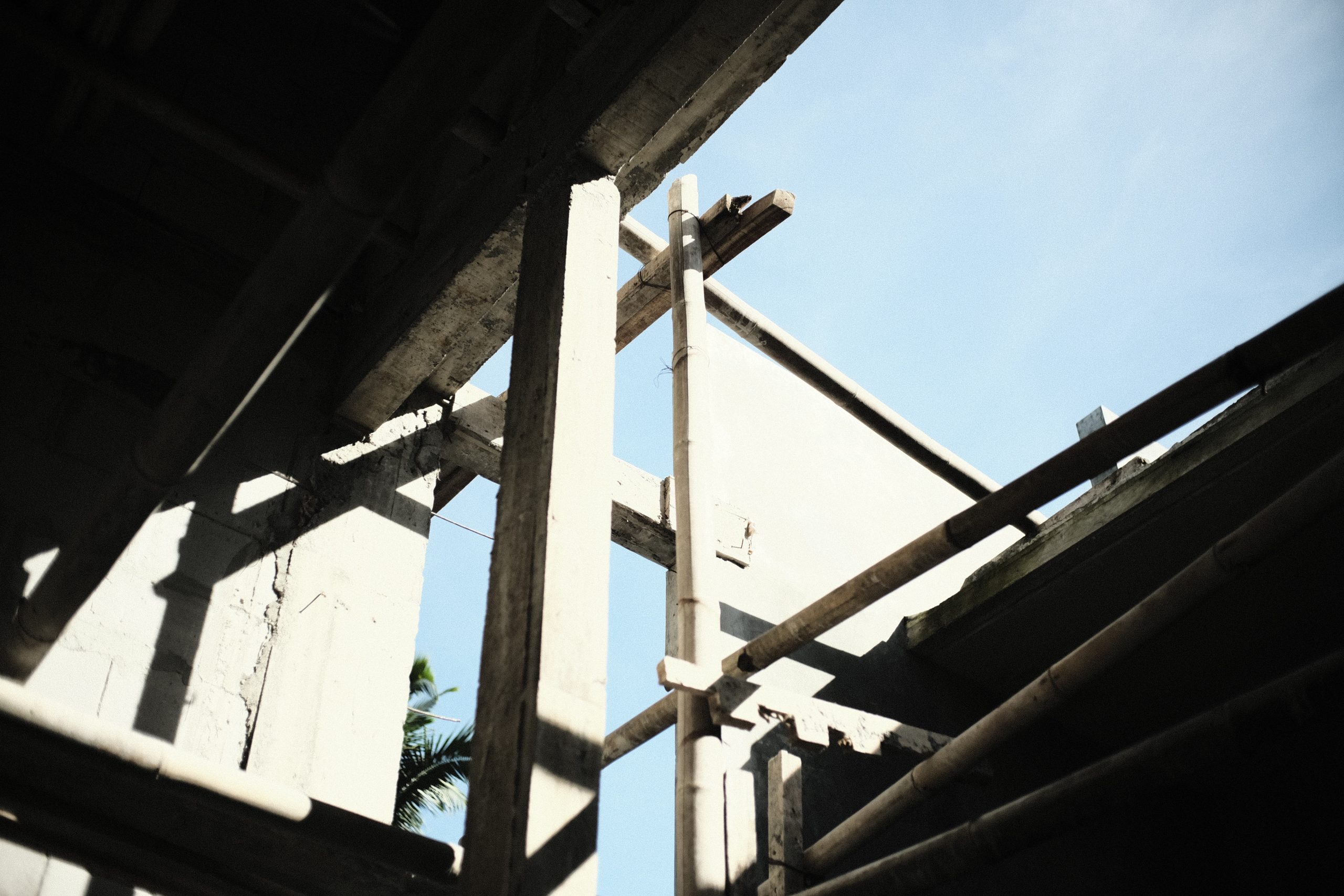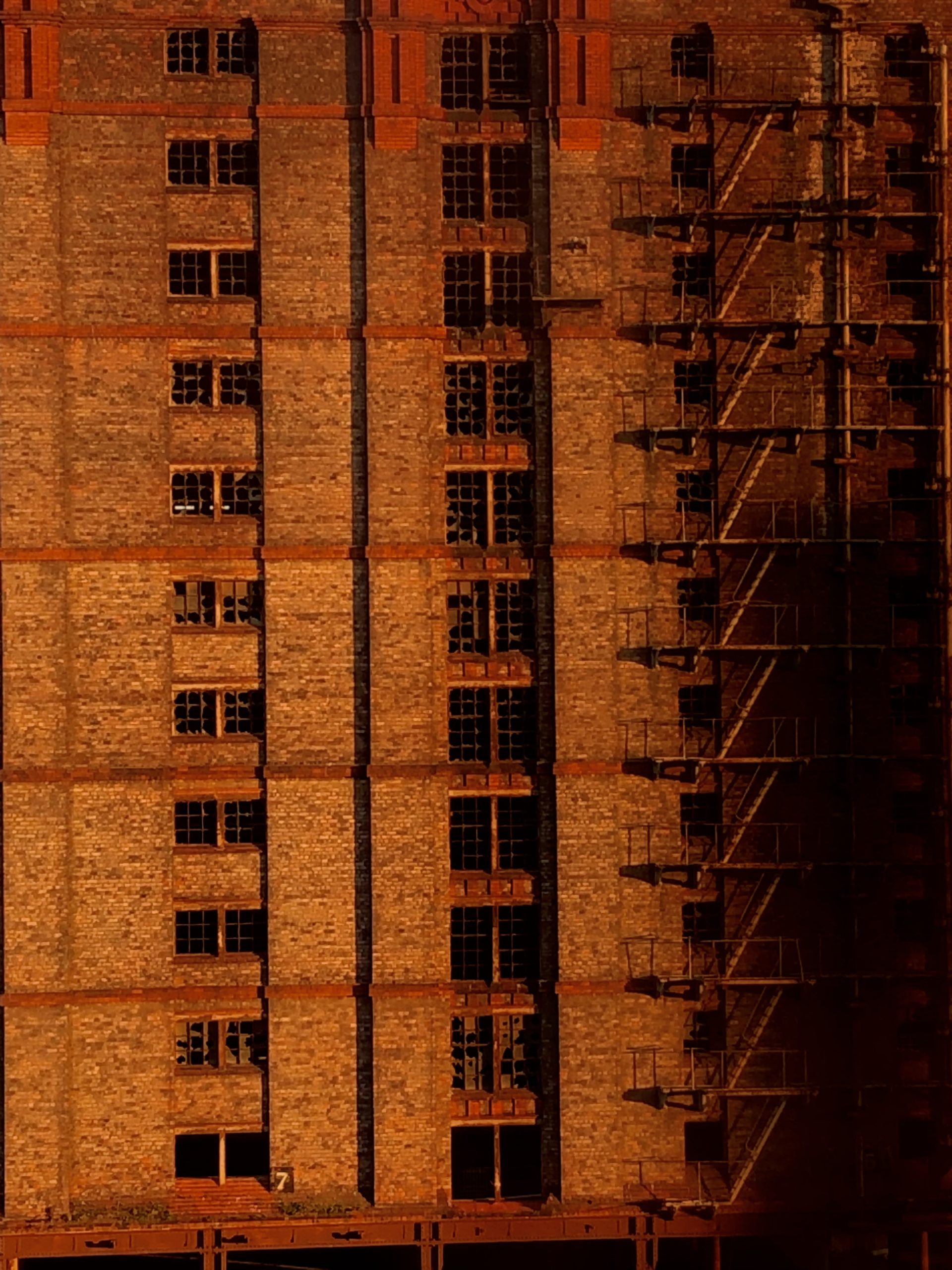Looking for a construction lawyer in Mapleton, Utah? Look no further. This article aims to provide you with valuable information and guidance for any legal concerns you may have in the construction industry. Whether you’re dealing with contract disputes, construction defects, or any other construction-related legal issue, we’ve got you covered. Our goal is to help you understand your rights, address your concerns, and provide you with peace of mind. So why wait? Give us a call today and let our experienced attorney handle your construction legal matters efficiently and effectively. Put your mind at ease and take the next step towards resolving your legal concerns.
Benefits of Hiring a Construction Lawyer
When undertaking a construction project, there are numerous legal considerations that need to be addressed to ensure a smooth and successful outcome. That’s where a construction lawyer can be your trusted ally, providing invaluable assistance throughout the process. Hiring a construction lawyer in Mapleton, Utah offers a host of benefits that can help you navigate the complex legal landscape and protect your interests. Let’s explore some of the key advantages of working with a construction lawyer in Mapleton:
Ensure Compliance with Building Regulations
Building regulations and codes are essential guidelines that must be followed during construction projects to ensure safety and adherence to legal standards. However, understanding and complying with these regulations can be a daunting task, especially for individuals who are not well-versed in construction law. A construction lawyer in Mapleton can help you navigate the local building codes and regulations, ensuring that your project meets all the necessary requirements. By ensuring compliance, you can avoid costly fines and penalties, as well as the risk of having to redo work that does not meet legal standards.
Protection of Your Legal Rights
Construction projects can be complex endeavors involving multiple parties, including contractors, subcontractors, suppliers, and architects. With so many moving parts, disputes and conflicts can arise, potentially jeopardizing your legal rights. A construction lawyer can act as your advocate, protecting your interests and ensuring that your rights are upheld throughout the project. Whether it’s negotiating contracts, resolving payment disputes, or handling insurance claims, a construction lawyer can provide the legal support you need to safeguard your rights and achieve a favorable outcome.
Assistance with Contracts and Negotiations
Contracts are the foundation of any construction project, outlining the rights, responsibilities, and obligations of all parties involved. However, drafting and negotiating contracts can be intricate processes that require a keen understanding of construction law. A construction lawyer in Mapleton can help you review and negotiate contracts, ensuring that they are fair, comprehensive, and aligned with your best interests. By having a lawyer by your side during contract negotiations, you can avoid potential pitfalls and ensure that you are entering into agreements that protect your rights and mitigate risks.
Avoid Costly Disputes and Litigation
Construction projects can be breeding grounds for disputes, ranging from delays and defective workmanship to breach of contract and insurance claims. These disputes can quickly escalate, leading to costly litigation that can consume time, money, and resources. By proactively involving a construction lawyer from the outset of your project, you can minimize the risk of disputes and mitigate potential legal issues. A construction lawyer can help you identify and address potential areas of conflict, working to resolve disputes through negotiation, mediation, or other alternative dispute resolution methods. By avoiding litigation, you can save valuable time and resources, allowing your project to move forward smoothly.
Common Legal Concerns in Construction Projects
Construction projects are often rife with legal complexities and potential pitfalls. Understanding the common legal concerns that can arise during these projects is crucial for protecting your interests and ensuring a successful outcome. Let’s explore some of the most common legal concerns in construction projects and how a construction lawyer can assist you in addressing them effectively:
Delays and Schedule Disputes
Delays are a common occurrence in construction projects, often leading to disputes between project owners, contractors, and subcontractors. These delays can have significant financial implications and may even impact the overall success of the project. A construction lawyer can assist you in navigating delay and schedule disputes by reviewing contracts, identifying responsibilities and obligations, and working towards amicable resolutions to keep your project on track.
Defective Workmanship and Design
When construction work fails to meet industry standards or specifications, it can result in defective workmanship or design. Identifying and addressing these defects is crucial to ensuring that the final product meets quality standards and is safe for use. A construction lawyer can help you assess the extent of the defects, determine liability, and take appropriate legal action to seek remedies, whether through negotiations, repairs, or pursuing legal action if necessary.
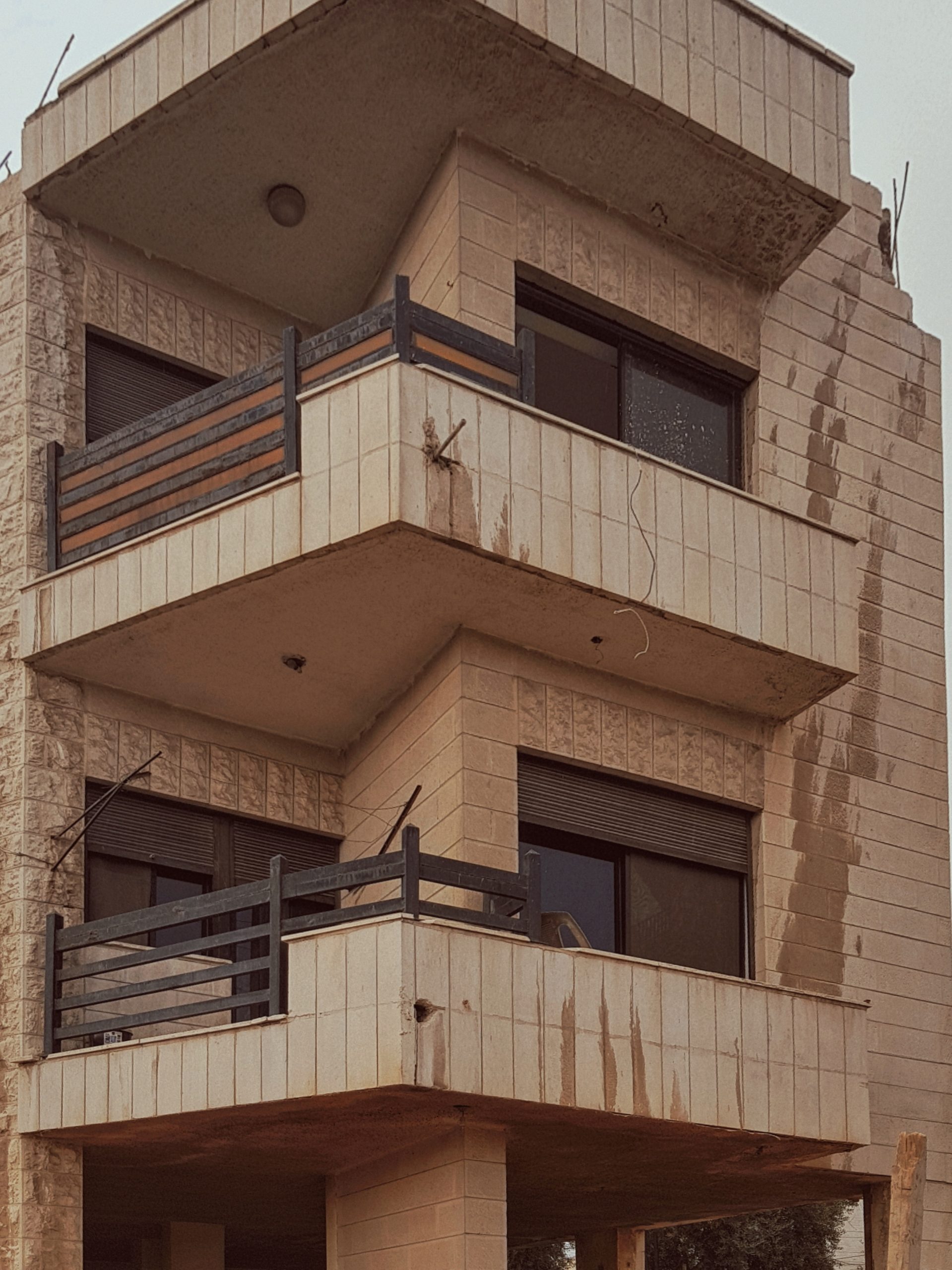
Payment Issues and Liens
Payment disputes can arise when contractors, subcontractors, or suppliers are not paid as agreed upon. Failure to resolve these disputes promptly can lead to the filing of construction liens, potentially complicating the project and clouding property ownership. A construction lawyer can assist you in resolving payment disputes by reviewing contracts, assessing the validity of claims, and advocating for your rights to ensure fair and timely payment to all parties involved.
Breach of Contract
Breaches of contract can occur when one party fails to fulfill the obligations outlined in a construction contract. These breaches can lead to significant disruptions and financial losses for all parties involved. A construction lawyer can help you navigate breach of contract disputes, assess the impact of the breach, and work towards resolving the issue through negotiation or legal action, ensuring that your rights and interests are protected.
Insurance Claims
Insurance coverage is a vital component of any construction project, providing protection against various risks and liabilities. However, navigating insurance claims and ensuring that you receive fair compensation can be challenging without the guidance of a construction lawyer. A construction lawyer can help you understand your insurance policy, file claims correctly, and advocate for your rights in case of claim disputes with insurance companies.
Understanding Construction Laws in Mapleton, Utah
To successfully navigate the legal landscape of construction projects in Mapleton, Utah, it is crucial to have a good understanding of the local construction laws and regulations. Here are some key areas of construction law specific to Mapleton that you should be familiar with:
Local Building Codes and Regulations
Mapleton, like any other jurisdiction, has its own set of building codes and regulations that dictate the standards and requirements for construction projects. These codes cover various aspects, including structural integrity, electrical systems, plumbing, fire safety, and accessibility. Familiarizing yourself with Mapleton’s building codes is essential to ensure compliance and avoid potential legal issues. A construction lawyer in Mapleton can provide invaluable guidance and expertise in navigating these codes, ensuring that your construction project meets all necessary requirements.
Zoning Laws and Land Use
Zoning laws and regulations govern how land can be used within a specific area. Mapleton has its own zoning laws, which outline what types of structures can be built in specific zones and the regulations surrounding land use. Understanding the zoning laws in Mapleton is crucial to ensure that your construction project aligns with the designated land use and does not violate any zoning restrictions. A construction lawyer can help you understand these laws, assess the permissibility of your project, and guide you through the necessary procedures to obtain the required permits and approvals.
Safety Standards and Permits
Safety is paramount in any construction project, and Mapleton’s construction laws prioritize the well-being of workers and the public. Familiarizing yourself with the safety standards and regulations specific to Mapleton is essential to ensure a safe working environment and compliance with the law. Additionally, obtaining the necessary permits and approvals is a crucial step in initiating a construction project. A construction lawyer can help you navigate the permit application process, ensuring that all necessary documentation is submitted correctly and in a timely manner.
Workers’ Compensation Laws
Construction projects can be inherently risky, and workplace accidents and injuries are unfortunately not uncommon. Understanding Mapleton’s workers’ compensation laws is crucial to protect your workers and minimize potential liability for workplace injuries. A construction lawyer can help you understand your obligations as an employer, assist with workers’ compensation claims, and provide guidance on mitigating risks and maintaining a safe working environment.
Choosing the Right Construction Lawyer
When it comes to legal matters in the construction industry, having the right legal representation is crucial to protect your interests and ensure a successful outcome. Here are some key factors to consider when choosing a construction lawyer in Mapleton:
Experience with Construction Law
Construction law is a specialized field with its own unique set of intricacies and challenges. When selecting a construction lawyer, it is important to choose someone with significant experience and expertise in construction law. Look for a lawyer who has a proven track record of handling construction-related cases and has a deep understanding of the nuances of the industry. An experienced construction lawyer will be better equipped to navigate the various legal complexities that may arise during your construction project.
Knowledge of Mapleton’s Legal Landscape
While having expertise in construction law is essential, it is equally important for your chosen lawyer to have in-depth knowledge of Mapleton’s legal landscape. Laws and regulations can vary from one jurisdiction to another, and a lawyer well-versed in Mapleton’s specific construction laws will be familiar with local building codes, zoning regulations, and permit requirements. This knowledge will enable them to provide tailored advice and ensure that your project remains in compliance with local laws.
Track Record of Success
When evaluating potential construction lawyers in Mapleton, take the time to review their track records and assess their success rate. Look for testimonials or case studies that showcase their ability to achieve favorable outcomes for their clients. A lawyer with a strong track record of success demonstrates their competence, professionalism, and commitment to their clients’ needs.
Effective Communication Skills
Open and effective communication is key when working with a construction lawyer. Choose a lawyer who excels in communication, both in terms of their ability to clearly explain legal concepts and their responsiveness to client inquiries. A lawyer who can effectively communicate with you and other parties involved in your construction project can help ensure that your interests are heard and understood, leading to more successful outcomes.
How a Construction Lawyer Can Help with Building Permits
Building permits are essential documents that grant official approval for construction projects. Navigating the building permit process can be complex, with strict requirements and deadlines that must be met. A construction lawyer can provide valuable assistance and guidance throughout the process, ensuring that you obtain the necessary permits to proceed with your construction project smoothly. Here’s how a construction lawyer can help with building permits:
Understanding Permit Requirements
Building permit requirements can vary depending on the scope and nature of the construction project. A construction lawyer can help you understand the specific permit requirements for your project, ensuring that you meet all the necessary criteria. They can review your project plans and documentation, identifying any potential gaps or issues that may hinder the permit approval process. By thoroughly understanding the permit requirements, you can avoid unnecessary delays or rejections during the application process.
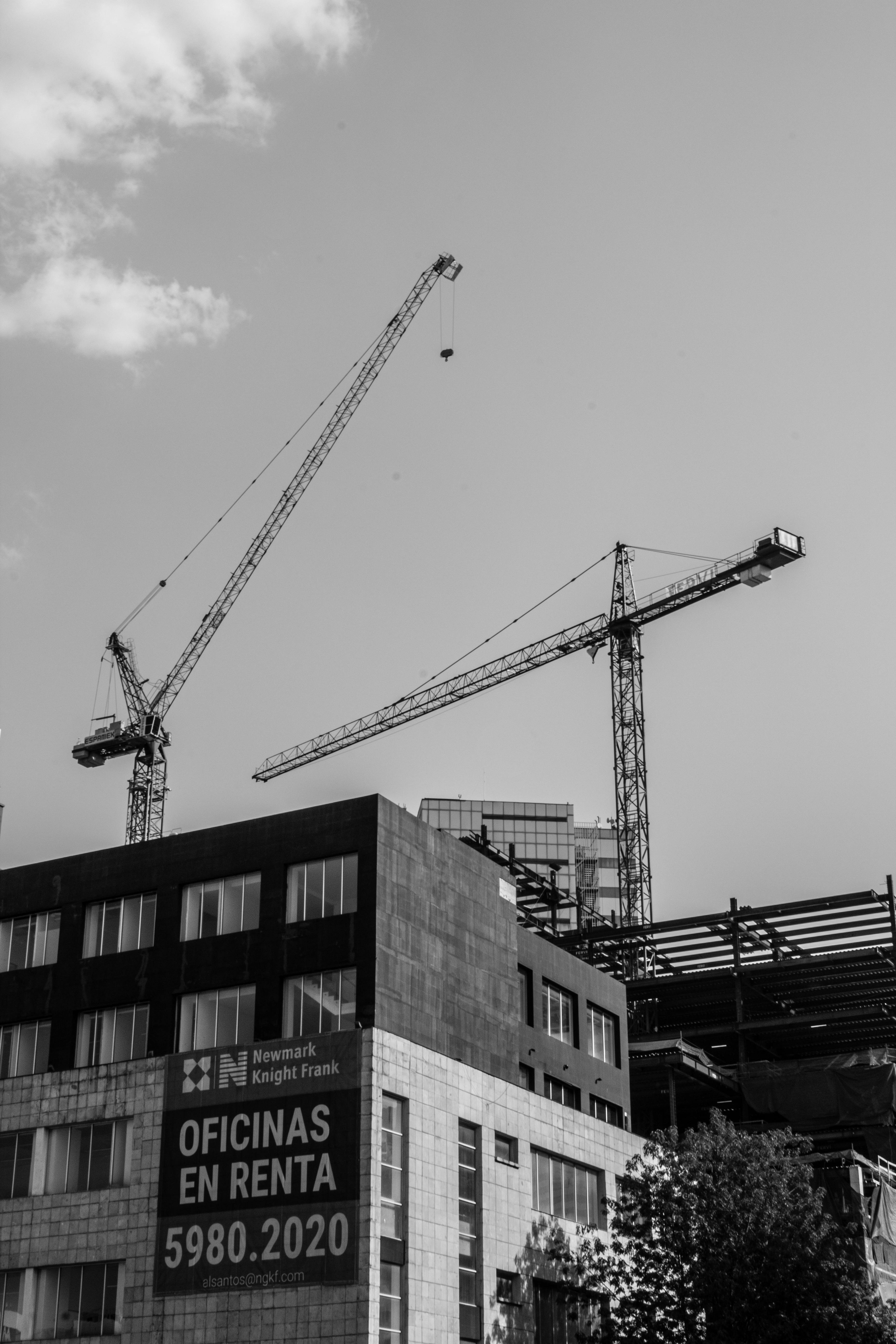
Navigating the Application Process
The permit application process can be intricate, involving the submission of various documents, plans, and fees. A construction lawyer can assist you in navigating this process, helping you gather the required information and ensuring that it is submitted correctly and on time. They can review your application materials, addressing any potential deficiencies and ensuring that all necessary paperwork is complete. By working with a construction lawyer, you can streamline the permit application process and increase your chances of obtaining approval in a timely manner.
Resolving Permit Disputes
In some cases, issues may arise during the permit application process, leading to disputes or rejections. A construction lawyer can intervene and advocate on your behalf, addressing any concerns raised by the permitting authority and working towards a resolution. They can help you prepare any necessary appeals or revisions to your application, ensuring that your project’s progress is not hindered by permit disputes. By having a construction lawyer handle permit disputes, you can focus on the construction process while knowing that your legal rights are being protected.
Resolving Construction Disputes through Mediation
Construction disputes are a common occurrence in the industry, often arising from differences in expectations, delays, defective work, or breaches of contract. Resolving these disputes through litigation can be time-consuming, costly, and detrimental to ongoing construction projects. Mediation provides an alternative approach to dispute resolution, allowing parties to work together to find mutually beneficial solutions. Here’s how a construction lawyer can help with resolving construction disputes through mediation:
Benefits of Mediation
Mediation offers several advantages over traditional litigation. It is a collaborative process that allows parties to maintain control over the outcome. Unlike court proceedings, mediation is conducted in a confidential and less formal setting, fostering open communication and cooperative problem-solving. Mediation also tends to be faster and more cost-effective than litigation, reducing the impact on ongoing construction projects and preserving business relationships.
The Role of a Construction Lawyer in Mediation
While mediation is designed to be a non-adversarial process, having a construction lawyer by your side can provide essential support and guidance. A construction lawyer can assist you in preparing for the mediation session, helping you assess your legal position, identify your interests, and develop a negotiation strategy. During the mediation, the lawyer can advocate for your rights, provide legal advice, and help you evaluate proposed settlement agreements. Having a construction lawyer present ensures that your interests are protected throughout the mediation process.
Key Considerations for Successful Mediation
To maximize the chances of a successful mediation, it is important to approach the process with preparation and open-mindedness. Prior to the mediation session, your construction lawyer can help you gather and organize all relevant documentation, such as contracts, correspondence, and project records. This will enable you to present a clear and compelling case during the mediation. Additionally, it is crucial to approach the mediation session with a willingness to listen, understand the other party’s perspective, and actively engage in meaningful negotiation. A construction lawyer can guide you through these considerations, helping to foster a constructive and productive mediation process.
Steps to Take in Case of Construction Defects
Construction defects can significantly impact the quality and value of a construction project. Acting promptly and taking the right steps when faced with construction defects is crucial for protecting your rights and seeking appropriate remedies. Here are some steps to consider if you encounter construction defects:
Documenting the Defects
When you notice construction defects, it is important to document them thoroughly. Take photographs or videos that clearly depict the defects from various angles. Make detailed notes describing the nature and extent of the defects, including dates, times, and any relevant conversations or interactions. Proper documentation will serve as essential evidence should you need to pursue legal action or negotiate repairs or compensation.

Notifying the Responsible Parties
Once you have documented the defects, notify the responsible parties promptly. This may include contractors, subcontractors, architects, or other parties involved in the construction project. Provide them with a clear and concise written notice that outlines the defects and the actions you expect them to take to rectify the situation. Keep copies of all correspondence and any responses received.
Negotiating Repairs or Compensation
After notifying the responsible parties, engage in negotiations to seek repairs or compensation for the defects. A construction lawyer can assist you throughout this process by assessing the validity of your claims, estimating the extent of the necessary repairs, and advising on a fair course of action. The lawyer can help you prepare a persuasive case, negotiate on your behalf, and aim for an amicable resolution that meets your needs.
Pursuing Legal Action if Necessary
In some cases, negotiations may not yield satisfactory results, and legal action may be necessary to seek appropriate remedies. A construction lawyer can guide you through the process of filing a lawsuit, advocating for your rights, and representing your interests in court. They can help you gather evidence, navigate the legal proceedings, and work towards a favorable outcome. By engaging a construction lawyer, you can ensure that your legal rights are protected and increase your chances of a successful resolution to the construction defects.
Construction Liens and Payment Issues: What You Need to Know
Payment issues can be a significant concern in the construction industry, affecting cash flow and potentially straining business relationships. Understanding construction liens and payment mechanisms is crucial for protecting your rights and ensuring fair compensation for the work you perform. Here’s what you need to know about construction liens and payment issues:
Overview of Construction Liens
A construction lien, also known as a mechanics lien or a builders lien, is a legal claim placed on a property to secure unpaid debts related to construction work or materials. Construction liens provide contractors, subcontractors, and suppliers with a legal right to seek payment for work performed or materials provided. By filing a construction lien, these parties can potentially force a sale of the property to recover the unpaid amount.
Filing and Enforcing a Construction Lien
To enforce a construction lien, it is important to follow the correct procedures and timelines outlined by the law. Filing a construction lien involves submitting the necessary documentation with the appropriate governmental authority. This documentation typically includes a written notice of claim, a description of the work performed or materials supplied, and the amount owed. A construction lawyer can guide you through the process, ensuring that all requirements are met and that the lien is properly filed and enforced.
Resolving Payment Disputes
While construction liens can be an effective means of securing payment, they can also lead to disputes and legal proceedings. Resolving payment disputes should be a priority to prevent lengthy and costly litigation. A construction lawyer can help you navigate payment disputes by reviewing your contracts, assessing the validity of claims, and negotiating with the parties involved. Their knowledge of construction law and expertise in dispute resolution can help you secure fair payment for the work you have performed and minimize potential disruptions to your business.
Navigating Insurance Claims in Construction
Insurance coverage is a critical aspect of managing risk in construction projects. Understanding construction insurance policies and effectively navigating insurance claims is crucial for ensuring that you receive appropriate compensation for damages and losses. Here’s what you need to know about navigating insurance claims in construction:
Understanding Construction Insurance Policies
Construction insurance policies are designed to provide coverage for various risks that can arise during construction projects. Common types of insurance coverage in construction include general liability insurance, professional liability insurance, workers’ compensation insurance, and builder’s risk insurance. Understanding the terms, exclusions, and limitations of your insurance policies is essential to ensure that you have the appropriate coverage to protect against potential risks and liabilities.
Filing an Insurance Claim
In the event of a loss or damage covered by your insurance policy, promptly filing an insurance claim is crucial. The claims process typically involves notifying your insurance provider, submitting the necessary documentation, and cooperating with their investigation. A construction lawyer can assist you in preparing and filing your insurance claim, ensuring that all necessary information and evidence are included. Their experience in dealing with insurance companies can help streamline the process and increase your chances of a favorable outcome.
Legal Support for Insurance Claim Disputes
Unfortunately, insurance claim disputes can and do arise, sometimes resulting in denied or undervalued claims. If you encounter challenges with your insurance claim, a construction lawyer can provide valuable legal support. They can review your insurance policy, assess the validity of the denial or undervaluation, and advocate for your rights when negotiating with the insurance company. In the event that a satisfactory resolution cannot be reached, a construction lawyer can represent your interests in legal proceedings, such as arbitration or litigation.
Importance of Timely Legal Assistance in Construction Matters
When it comes to construction matters, time is of the essence. Timely legal assistance can help you make informed decisions, protect your rights, and avoid potentially costly mistakes. Here’s why seeking legal assistance promptly is crucial in construction matters:
Preventing Costly Mistakes
The construction industry is governed by a complex web of laws, codes, regulations, and contractual obligations. Failing to adhere to these legal requirements can result in serious consequences, such as fines, penalties, or disputes. By seeking legal assistance early on in your construction project, you can ensure that you understand and comply with the legal framework, reducing the risk of costly mistakes that could hinder the progress of your project.
Preserving Evidence for Legal Claims
In the event of a dispute or legal claim, evidence is key to support your case. When faced with construction defects, delays, or payment disputes, it is essential to document the issues and preserve the relevant evidence. By involving a construction lawyer early on, you can receive guidance on proper documentation and evidence preservation, ensuring that your legal rights are protected from the outset. This proactive approach will enable you to build a strong case should legal action become necessary.
Time Limitations for Filing Lawsuits
Construction disputes often have time limitations for filing lawsuits, known as statutes of limitations. Waiting too long to seek legal assistance can result in your claim being barred, regardless of its merits. By consulting with a construction lawyer as soon as a potential legal issue arises, you can ensure that you have adequate time to address the matter and file any necessary lawsuits within the prescribed timeframe. Acting promptly will help preserve your legal rights and maximize your chances of obtaining a favorable outcome.
In conclusion, hiring a construction lawyer in Mapleton, Utah offers numerous benefits and can help you navigate the complex legal landscape of construction projects. From ensuring compliance with building regulations to protecting your legal rights and resolving disputes, a construction lawyer can be a valuable ally in achieving a successful construction project. By understanding common legal concerns, familiarizing yourself with local construction laws, and selecting the right construction lawyer, you can confidently tackle the legal aspects of your construction project, knowing that your interests are in capable hands. Don’t hesitate to reach out to a construction lawyer in Mapleton to discuss your specific needs and obtain the legal guidance you need for a successful construction endeavor.

